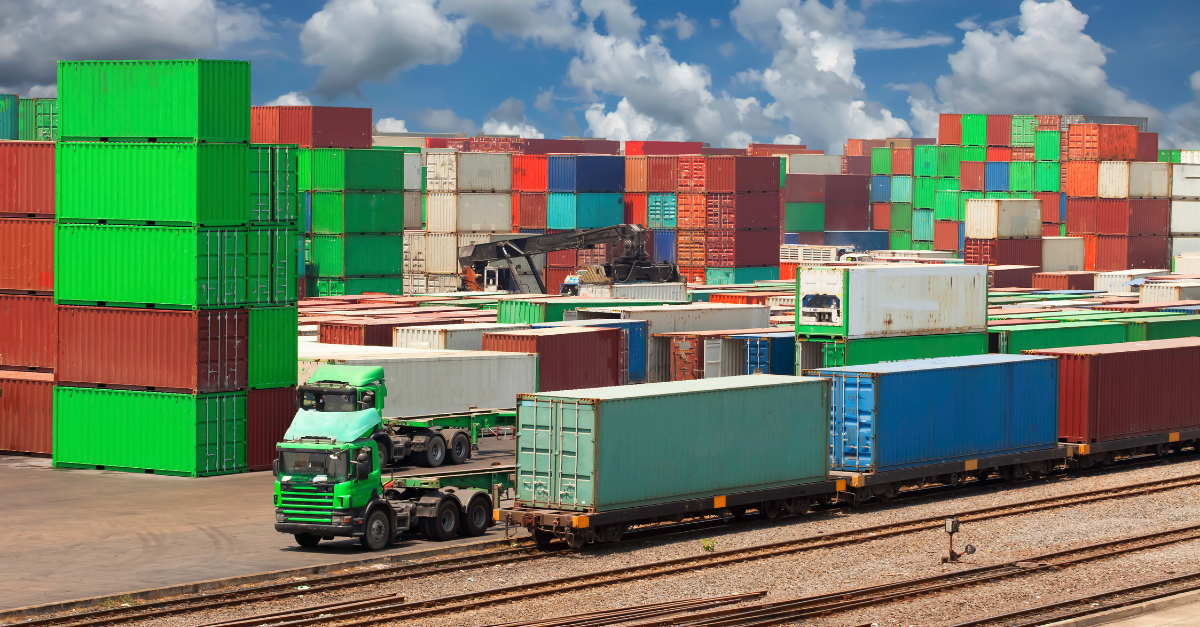The Indian government’s Logistics Division, under the Ministry of Commerce and Industry, has issued a set of suggestive guidelines aimed at reforming the operations of empty container depots across the country. This move, seen as a bid to streamline and regulate the functioning of these vital supply chain hubs, comes at a time when the logistics sector is under increasing scrutiny for inefficiencies and opacity.
Empty container depots play a crucial role in facilitating international trade. They store and consolidate empty containers used in export-import operations, which are often in high demand during times of supply chain disruptions. However, the unorganised nature of the sector has raised concerns regarding pricing transparency, inefficiencies, and the lack of standardised procedures. The new guidelines recommend that all depots be registered under the respective state’s Shops and Establishment Act or other applicable laws. This step is seen as an attempt to formalise the sector and enhance accountability. Additionally, the guidelines push for transactions to be conducted through GST invoices, preferably via online systems, promoting transparency. A key aspect of the proposed reforms is the push for digitalisation. The guidelines encourage the installation of RFID systems at depots to streamline vehicle movements, improving operational efficiency. Moreover, shipping lines are urged to enter contracts with depots to standardise services like storage, cleaning, and inspection, while ensuring clear, market-aligned pricing structures. This digital shift is expected to improve visibility for stakeholders and enhance the overall efficiency of the supply chain.
The guidelines also focus on sustainability, as digitising depot operations can significantly reduce the carbon footprint associated with the logistics industry. By reducing paperwork and promoting efficient resource use, the sector can make strides toward becoming more eco-friendly. This step is crucial in a country like India, where logistics inefficiencies have long been a barrier to smoother trade operations. In a recent report by the World Bank, India ranked 44th in the Logistics Performance Index, highlighting the need for reforms in this space. The introduction of these guidelines is, therefore, an essential first step towards improving the sector’s performance and ensuring that the benefits of trade are more evenly distributed across the supply chain. Ultimately, the new framework is designed to help not just large players in the logistics industry but also smaller depot operators, many of whom are struggling with inefficiencies due to lack of infrastructure and transparency. By standardising and formalising operations, the government hopes to create a more inclusive and sustainable logistics ecosystem, benefiting all stakeholders from exporters to consumers


